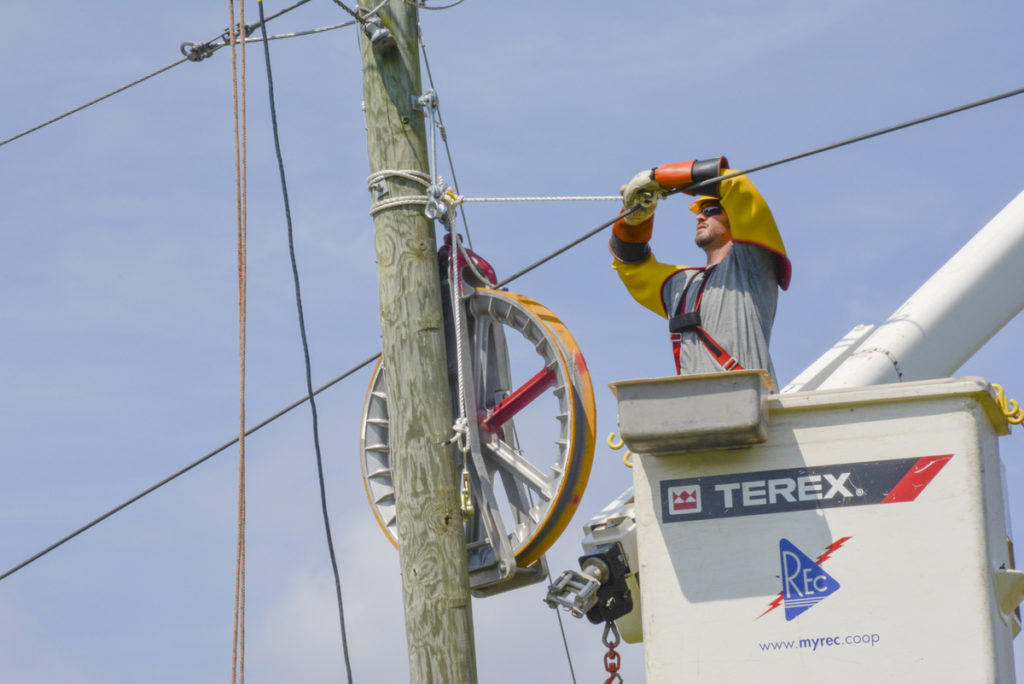
As billions of dollars in federal COVID-19 relief funds are set to flow to states and localities, NRECA wants to clear the way for support to vital projects in rural America, like broadband.
The $1.9 trillion American Rescue Plan, signed by President Joe Biden on March 11, provides $219 billion for states and $130 billion for local governments in fiscal recovery funds that can be used for broadband and another $10 billion for new capital projects. The Treasury Department is writing rules to govern the first half of these funds, expected to be released around May 11.
NRECA is asking the department to reject efforts by some large telecommunications companies to shape the rules in ways that disadvantage regions without adequate broadband access.
“We understand that large cable providers and telcos—some of which have received billions in federal aid yet bypassed rural communities for years—are urging guidelines that prohibit these stimulus funds from going to rural areas that may receive other federal or state broadband help,” said Brian O’Hara, senior regulatory director at NRECA.
“Treasury might also be encouraged to rely on faulty maps from the Federal Communications Commission on what rural areas are already connected to high-speed internet,” he said.
To clarify these concerns and the crucial role electric co-ops play, NRECA CEO Jim Matheson is urging Treasury Secretary Janet Yellen to set guidelines that in no way limit the ability of states and localities to address their specific needs.
“Millions of rural Americans without access to broadband are fighting an uphill battle in the digital economy,” Matheson wrote the secretary. “That is why nearly 200 electric cooperatives are involved in diverse solutions to provide retail broadband and help close the digital divide.”
The department, in any formulating guidelines on broadband funds, should be aware that the FCC’s current data on rural broadband availability has been proven to be inaccurate, NRECA said. The FCC has acknowledged that it may take a couple of years to collect the data necessary to accurately identify unserved areas.
With that in mind, Matheson wrote, “Any restriction, no matter how well intended, has the potential to create winners and losers and is likely to result in rural communities being further left behind in the digital economy.”
Matheson also underscored that in passing the relief bill, “Congress intentionally provided broad latitude on how best to use these funds.”
“Restrictive guidance from the [Treasury] Department is contrary to the statutory language and would hamper the ability of state and local policymakers—who are much more knowledgeable about the level of broadband service available within their jurisdictions—to address unique local barriers to broadband deployment,” he wrote.
NRECA is encouraging electric co-ops to reach out to their local and state governments’ broadband or economic development offices regarding the allocation of these funds.
Cathy Cash is a staff writer at NRECA.